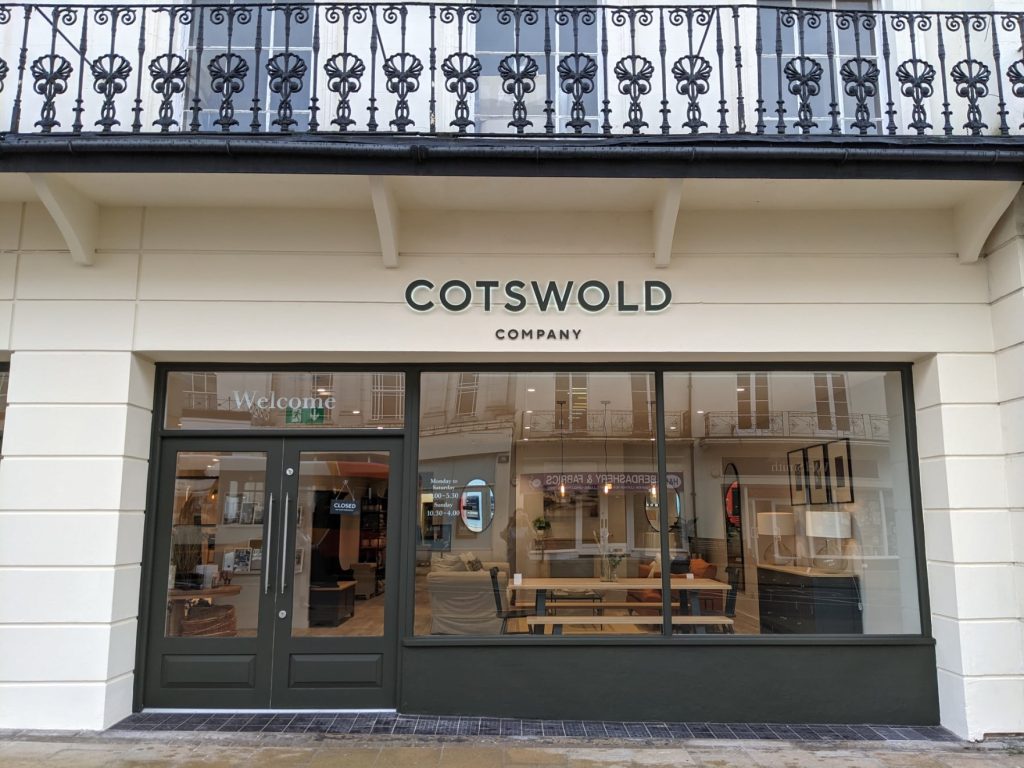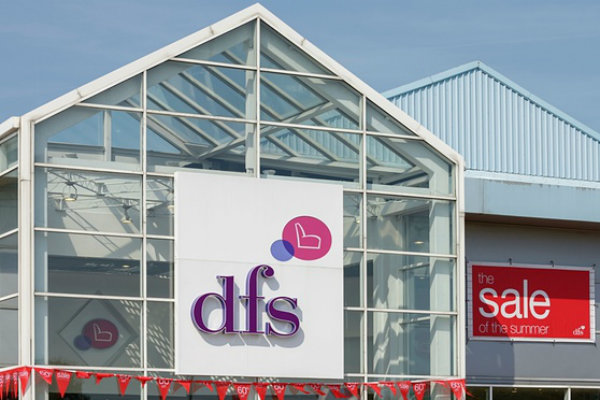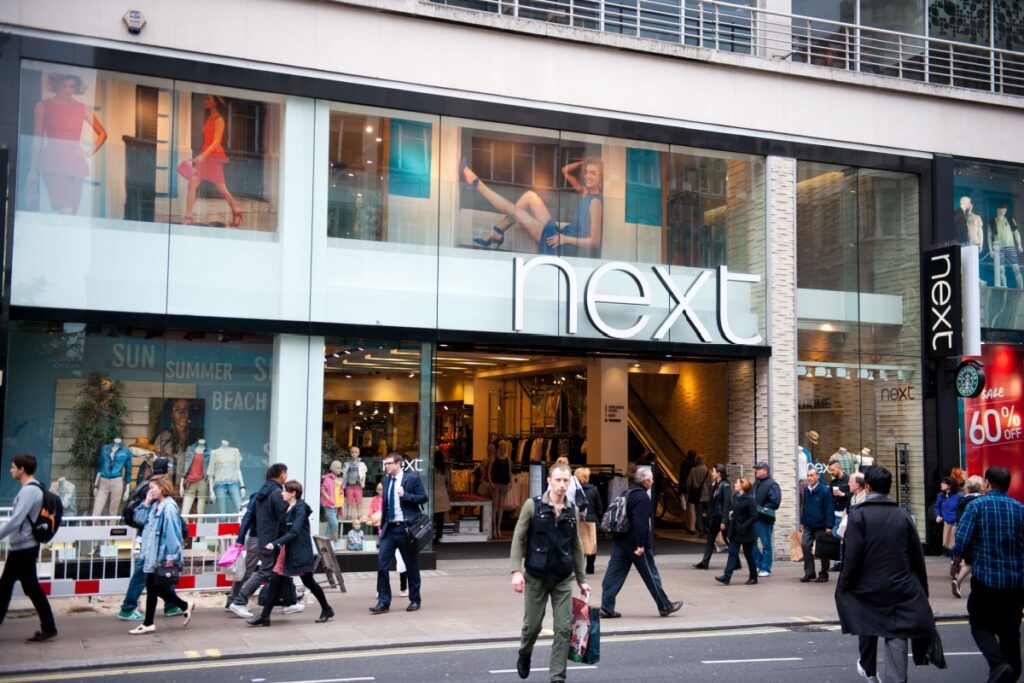The National Living Wage (NLW) has been a contentious talking point ever since George Osbourne announced it last year. The new rate replaces the £6.50 minimum wage, starting at £7.20 with the intention to rise to £9 an hour by 2020.
Some industry players have embraced the change, with several ‘Living Wage Employers‘ extending it to their entire staff, regardless of age, or in some cases even trumping it. But others are trying to offset the cost of the NLW by cutting back on benefits for staff, for example axing premium Sunday rates or bonuses for several years of service.
Siobhain McDonagh, MP for Mitcham and Morden, has been actively speaking in parliament for the rights of workers and since the NLW came into effect, she has called on the government to make it clear exactly who is expected to pay for it, and how.
Unfortunately for DIY retailer B&Q, it has become somewhat of a poster child for big bad companies using worker bonuses to pay for the NLW and McDonagh was not afraid to say why when speaking with Retail Gazette.
The question is, does B&Q stand to gain from the cut to corporation tax that accompanied the NLW, which was assumed by many to be its intended source of funding?
“I don‘t think at the moment B&Q stand to save anything, since they didn‘t pay corporation tax last year,” says McDonagh bluntly. “But I can say, in 2010 corporation tax was 28%,” McDonagh responded. “In 2020 it‘ll be 17%. That will save British business £15bn a year.”
This is incorrect, as B&Q’s owner Kingfisher did pay its corporation tax of £46m last year. According to its most recent annual results, the “current tax on profits” led to a return of £96m after this tax had been paid, leaving Kingfisher £50m better off.
Even disregarding the case of Kingfisher and B&Q, with these reductions in mind it is certainly possible that retailers would not have needed to slash bonuses to pay for the new National Living Wage.
“There‘s a number of things going on. Certainly, when the chancellor announced the introduction of the living wage he announced it alongside a 1% reduction in corporation tax which he said would cover the cost of it.”
The general consensus amongst those who are in favour of cutting bonuses is that it‘s the simplest pay to pay for the NLW. A commenter asked Retail Gazette, “Who did you think was going to pay for the National Living Wage? Employers?”
McDonagh is unforgiving of retailers who claim that bonus cuts are justified though, alluding to the very real possibility that a number of such cases probably remain unknown.
“I think there‘s an element of luck in this. Some retailers have behaved badly and been found out, while there are plenty of others who remain unexposed. We have to be sure that they will be uncovered. It‘s a sector where a lot of people are anxious about their continued employment; it‘s a highly un-unionised sector. There‘s an element of vulnerability where employees don‘t want to cause trouble. As part of our campaign we want to give workers the confidence to say what‘s really going on.
“It‘s a bit more by their bad luck and judgement. B&Q staff were the first to come to me. Since then we‘ve had retailers such as Eat reducing lunch breaks, Wilkos and Morrisons have also done things, but often people are in fear. When they are unrepresented or un-unionised it‘s difficult to find out what‘s going on.”
The retailers in question have defended their actions, with B&Q calling it unfair that some employees “had been paid different allowances”, and that its intention is to ensure “employees who are doing the same job receive the same pay”.
“I think that‘s extraordinary,” McDonagh retorted. “How fair is it to have your pay cut by £3000 – 4000 – 5000 a yea
























